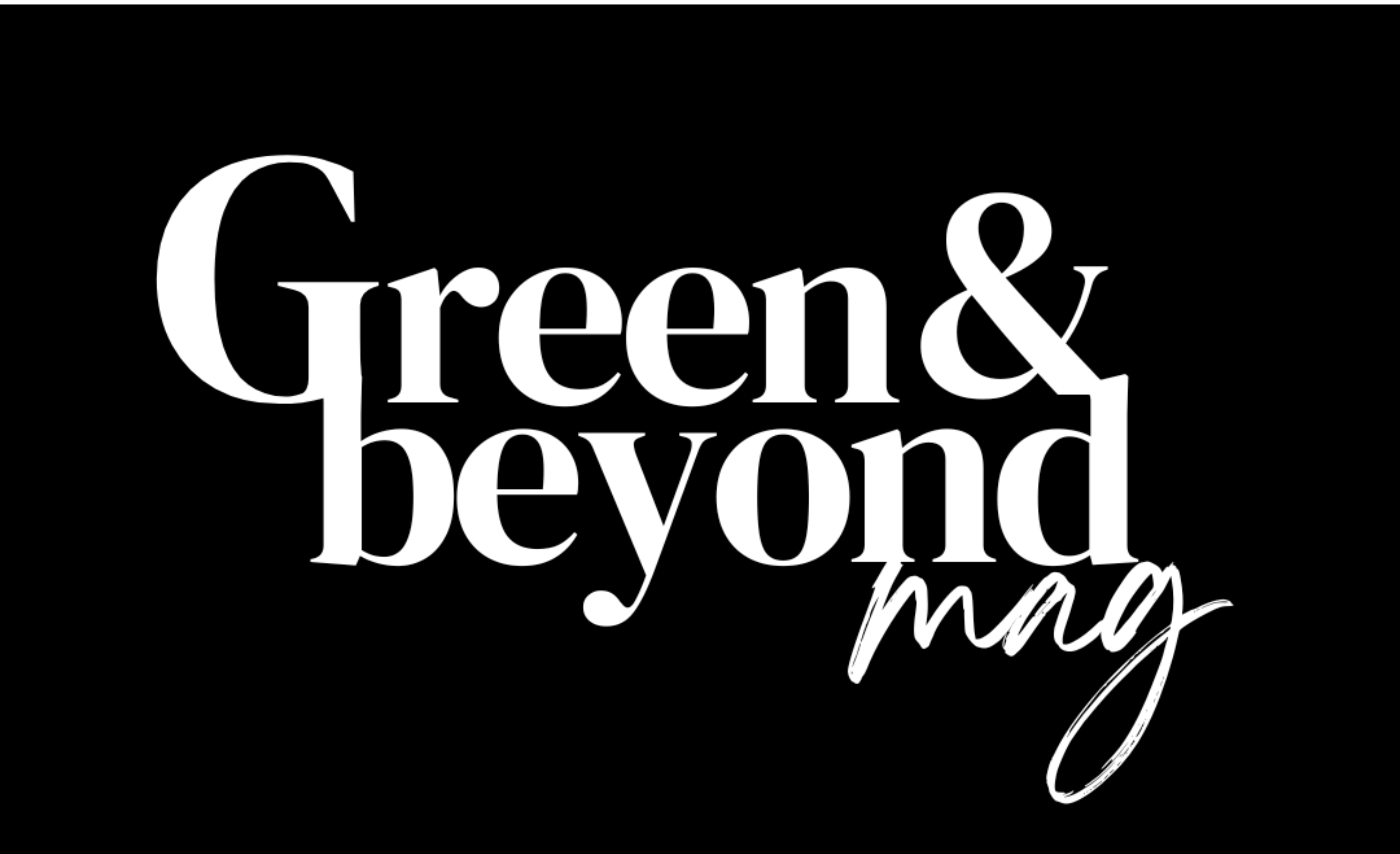
Bangkok Welcomes the Entertainment + Culture Pavilion: A New Era in Climate Action
Bangkok’s vibrant streets recently hosted a novel approach to climate action: one that harnessed the power of creativity and storytelling. The Entertainment + Culture Pavilion just made its first incursion in Southeast Asia with a pop-up presentation of this groundbreaking initiative, staged initially at COP28 in Dubai.
This program was designed with others such as Creative Migration, Bangkok 1899, Sauntr Media, The Convergence, Green & Beyond Magazine, and Love Frankie. In this manner, the program offered a vibrant combination of activities. It wasn’t your average climate conference. E+C Pavilion Bangkok, hosted in Bangkok 1899, became an exhilarating platform in one of the culturally rich venues in town. Artists, activists, and cultural leaders explored the different ways entertainment and culture could help shape a sustainable future.








The Entertainment + Culture Pavilion’s (E+C Pavilion) journey to Bangkok had deeper roots. It started with a simple notion: the struggle around climate change didn’t need to be an empirical and intellectual discussion about data and policy but cried out for the emotive power of stories, the unifying strength of music, and the imaginative spark of art. To find where creativity might matter, it developed the E+C Pavilion at COP28. This became a lively crossroad space where over a hundred events with artists from sixty different countries took place, reaching out to 22 million.
From COP28 to Bangkok: A Global Movement Takes Root
Energetic in every way, the Entertainment + Culture Pavilion at COP28 in Dubai opened to symbolize the global hunger for creative solutions to the climate crisis. Over 100 programming events representing 60 countries provided a kaleidoscope of artistic viewpoints: from serious films to dynamic musical shows, not just driving awareness but exciting the world.
Behind the literal lights of the stage, a figurative movement emerged. Artists, activists, and policymakers from divergent backgrounds ignited in a common cause. Workshops allowed for co-creation and opened up new cross-disciplinary ideas on how storytelling and artistic expression could underpin new approaches to climate-impact communication and action. The E+C Pavilion seeded cross-sector partnerships and cracked open silos, laying the groundwork for a new conceptualization of environmental concerns.
This collaborative spirit wasn’t bound to Dubai. Realizing the need for regional presence, the Entertainment + Culture Pavilion team paved the way to Southeast Asia. The vibrant cultural heart of Bangkok served as the stage to elevate Southeast Asian voices and their perspectives on climate action.

Bridging the Gap: Entertainment + Culture Pavilion in the Spotlight in Bangkok
The journey to Bangkok for the E+C Pavilion was not a straight shot. Before captivating audiences in Southeast Asia, it made its presence felt at the SB60 intersessional negotiations of the UN Climate Change Conference in Bonn. This strategic intervention engaged policymakers and cultural organizations at a critical moment to guarantee cultural voices were included in high-level climate debates. Riding that wave, the E+C Pavilion docked in Bangkok, Thailand, in June 2024. In the throes of the bustling city, a vivid two-day program unfolded in Bangkok 1899—a historical, cultural, and civic forum. The symbolic location demonstrated how cultural heritage can help us link traditions with innovation in the fight against climate change.
The very nature of the program proved the Entertainment + Culture Pavilion’s core mission: fostering collaboration and amplifying diverse voices. It featured a dynamic mix of activities bringing together artists, activists, and cultural leaders from across Southeast Asia. The themes ranged from the power of storytelling in education to unlock the potential of creative industries to drive sustainable practices.
Jens Radschinski, from the UNFCC’s Regional Collaboration Center (Asia-Pacific), emphasized the importance of a culture-based approach in the climate movement: “This creative industry, of course, has many other channels to reach people and make them aware of what is happening in the climate and how people can get involved and really change the culture.”

Michael Schmeiser, Deputy Head of Mission at the Austrian Embassy in Bangkok and the Current President of the EUNIC Cluster in Thailand highlighted the initiative’s significance in promoting intercultural dialogue between Europe and Thailand, focusing on urgent and shared issues like the climate crisis. He explained that the conference featured four segments: practical examples from Europe and Thailand, best practices in green initiatives, policy discussions with various ministries, and the development of a toolkit to help event organizers make their events more sustainable. Michael emphasized that the project was tailored to the Thai context and aimed to inspire other countries.

A Call to a Sustainable Future
The Bangkok edition of the Entertainment + Culture Pavilion was not a culmination but a springboard. It demonstrated that entertainment and culture are critical to addressing climate change. Using the emotional power of art, music, and film, the initiative transcended dry data and policy discussions, igniting a deeper connection with climate issues. It engaged cross-sector collaboration among artists, activists, policymakers, and cultural leaders, creating a new dialogue on both the problems of climate and the solutions. In this way, the E+C Pavilion’s presence in Dubai, Bonn, and Bangkok exemplified a commitment to a global conversation while ensuring regional voices are heard.

Going forward, the future of the Entertainment + Culture Pavilion is bright. Looking towards COP29 and beyond, it has the potential to continue shaping a sustainable future. Plans include scaling up, designing data-driven strategies, strengthening partnerships, and developing educational programs to prepare the new generation of climate activists. Bangkok’s E+C Pavilion was more than an event. It was a compelling call to arms, urging us to regard climate change through new eyes—where creativity and culture become formidable forces in building a new future for humankind—together as mightier elements of the cause.



